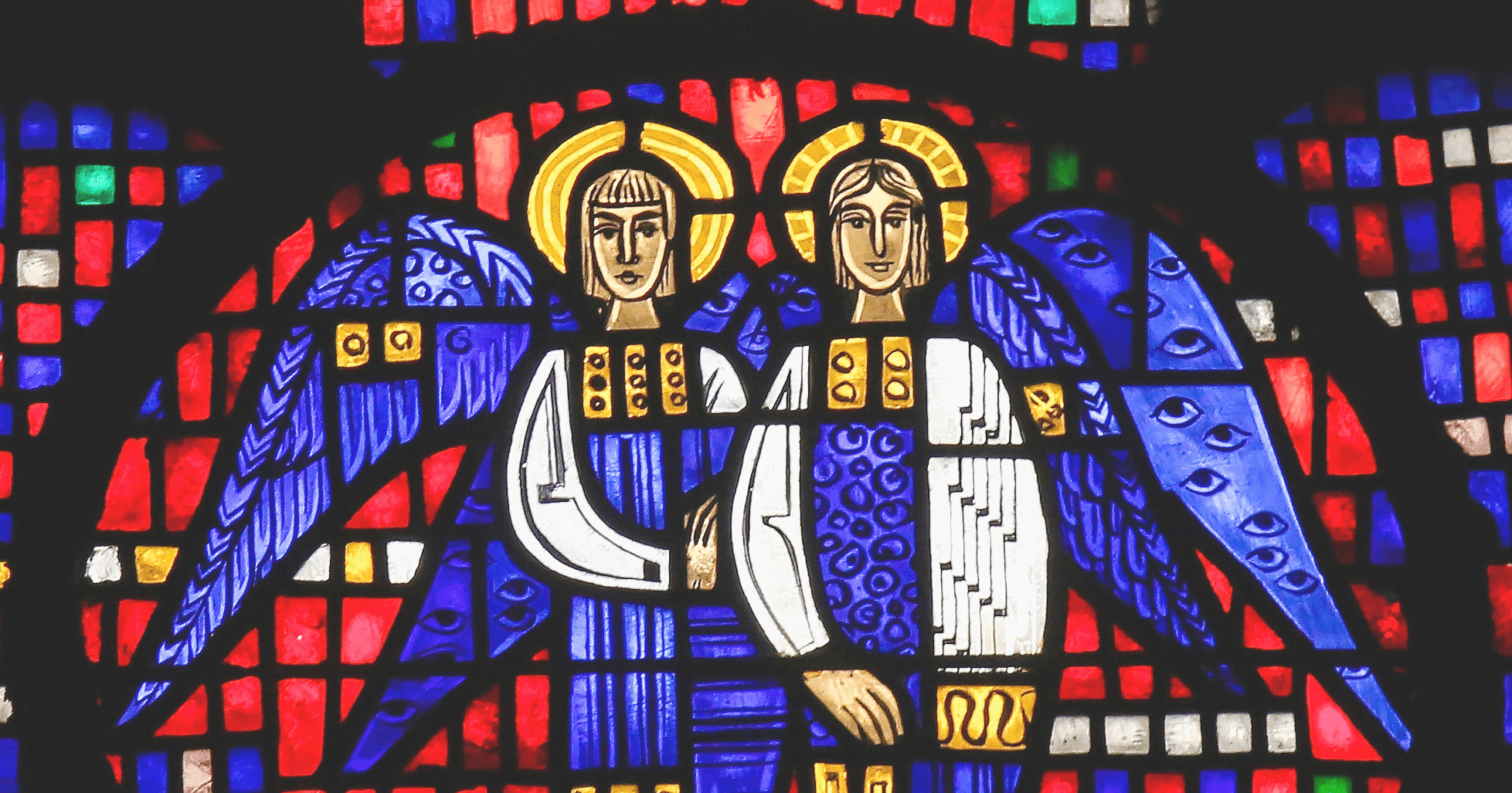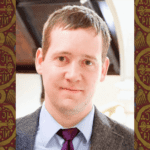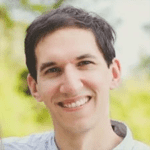
What is the task of the theologian in his relationship to the old and new?
Most basic to Herman Bavinck’s identity and conception of the theological task was the concept of Reformed catholicity. For Bavinck, Reformed catholicity provided both the logic and ethic to be a modern theologian engaging with the most current questions the public was asking as well as an orthodox, confessional theologian committed to remaining within the boundaries of the historic Christian faith. In his original foreword to the Reformed Dogmatics he provided at least a partial outline of how he thought about Reformed catholicity and the meeting between modernity and orthodoxy. He writes, “to cherish the ancient simply because it is ancient is neither Reformed nor Christian. A work of dogmatic theology should not simply describe what was true and valid but what abides as true and valid. It is rooted in the past but labors for the future.”
We can parse his remarks into at least two tasks:
(1) The first task of the catholic dogmatician is to commune, to fellowship with the generations of the saints of the past and present.
One returns here to the fact that dogmatics is the enterprise of “thinking God’s thoughts after Him.” Such an illumined form of rationality based on something more than reason left to itself, operates under the conditions of God’s thought made speech and God’s speech grasped hold of in faith. In doing so, one forms an organic synchronous relation to the whole of history with all those who have engaged in the same. The task of theology, then, fulfills the command that the church be one body. The one body drinks deeply from the depths of every other age, tribe, nation, and tongue … in order to read the Scriptures in community toward the truth, Jesus Christ, and the telos of the pilgrimage of faith. Accordingly, in the Reformed Dogmatics, the reader will find an immense quantity of citations and engagement with traditions other than Bavinck’s own. For Bavinck, “Irenaeus, Augustine, and Thomas do not belong exclusively to Rome; they are Fathers and Doctors to whom the whole Christian church has obligations.” He also aims, nevertheless, the principle of catholic communion at the present—it is not merely a principle of ressourcement or “retrieval.” Perhaps to the reader’s surprise, Bavinck’s engagement with Kant, Fichte, Schleiermacher, Hegel, and Ritschl nearly parallel in quantity the citations and engagement with Augustine, Thomas, and Calvin.
(2) One must search for what is true and valid no matter where it is found.
The search for the truth transcends the retreat to structures of institutional authority, but stands on the authority of God’s self-manifestation and theological reason. The principles of communion and polemics assume the search for truth in the contemporary age: “a work of dogmatic theology should not simply describe what was true and valid but what abides as true and valid. It is rooted in the past but labors for the future.” The term “reformed” (gereformeerd) is, for Bavinck, a catholic nuance. Its scope is limited in relation to the weight of the word “catholic.” The concept “reformed” is a reference to the way catholicity performs, a recognition that one works from a tradition. It is a theological sensibility. He argues that the Reformed tradition contains the most relatively pure reflections on theology ever produced. According to Bavinck, nevertheless, while generally being the purest statement of truth, the Reformed tradition is not “exclusively” so. As noted in the introduction, he proclaimed as much at the fifth general council of the Alliance of Reformed Churches Holding the Presbyterian System in Toronto in 1892: “Calvinism is not the only truth!” The term “reformed,” nevertheless, employs only one sense because the concept catholic co-inheres with the concept reformed. To be reformed is to be catholic. The adjective reformed adds little to its noun. “In no other confession [than the Reformed] does the Christian faith in its religious, ethical, and theological character come as clearly into its own; nowhere else is it acknowledged as deeply and broadly, so widely and freely, is it so truly catholic, as in the churches of the Reformed tradition,” he proclaims.
This post is adapted from Orthodox yet Modern: Herman Bavinck’s Use of Friedrich Schleiermacher by Cory C. Brock (Lexham Press, 2020).







